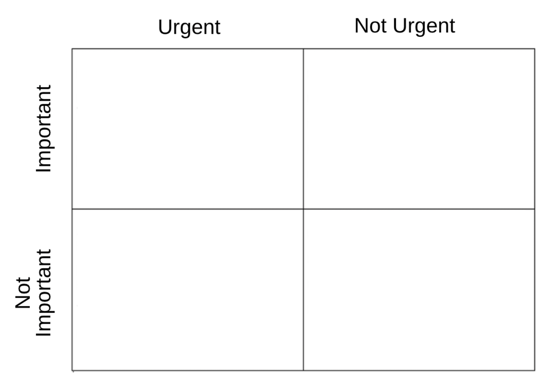I’ve recently heard about executive function skills because my child was just diagnosed with ADHD. I don’t really know much about it but I suspect I have trouble in this area, too. I would love to hear any examples you might have of what executive dysfunction in a working adult can actually look like. I want to get assistance with my challenges but I just want to know more about them before taking any action.
The good news is… most of us have executive function challenges that persist in one way or another. The even better news is, these challenges are totally manageable and you can always work to improve them.
So, what are executive function skills? They’re essentially self-management skills that allow us to do everyday things like follow a schedule or wake up on time for work. While executive function challenges can be more pronounced in children, it certainly exists and affects many adults daily. Here are three common challenges that arise in adulthood, along with three ways executive function skills can help you overcome them.
Challenge #1: Managing multiple people’s schedules
Scenario: You’ve been experiencing a lot of tooth pain for the past few weeks but just haven’t had time to call and schedule a dental appointment. You finally get around to making that call and are able to book yourself an appointment for next week. As the appointment approaches, your son reminds you that he has his championship baseball game on the same day as your appointment. Your spouse isn’t able to take him because they're going to be out of town for a work trip. Now overwhelmed and embarrassed, you call the dentist's office to cancel your needed appointment. It’s hard enough managing your own life, but the situation becomes infinitely more complicated when you have to juggle your own needs around your spouse and your kids.
What you can do: Implement a calendar system that each member of your family is comfortable using. You can choose between a digital calendar that is shared among the family or even use a physical calendar that can be displayed in a central area of your home. Keep this calendar accurate and up to date by having your family add to it at a specific time, daily. This way, when it’s time to schedule appointments, you can easily peek at the family calendar and ensure that there aren’t any schedule conflicts.
Challenge #2: The workplace juggling act.
Scenario: You've got a big presentation for work that you're giving on Monday and you want to spend the end of your week preparing. However, when it's time for you to begin your preparations, your inbox is overflowing with emails, you’ve got a pile of papers on your desk to sort through, and your coworkers keep asking you about your weekend plans. This has been a pretty consistent pattern of events for the past few months for you, where it feels nearly impossible to get through a work week, let alone a work day, feeling confident and satisfied about what you've been able to accomplish.
What you can do: Oftentimes, this overwhelming feeling at work is the result of numerous tasks requiring the same level of your attention at once. A simple solution to this issue is using executive function strategies. I recommend a common tool that our coaches use with clients called Covey Quadrants. This tool is perfect for a situation like this because it requires you to mindfully sort your tasks into 4 different quadrants based on their level of importance. Covey quadrants will help you sort out what tasks are both urgent and important (your presentation) from what are neither urgent nor important (your coworkers' inquiries about your weekend plans).

Challenge #3: Maintaining relationships
Scenario: You're at home preparing lunch for your kids to take to school and your spouse calls downstairs asking if you've seen their wallet. After responding that you haven't seen it, they still insist that they require your help in locating it, as they're heading out soon. So, you put down that jar of jelly begrudgingly and go to help search for this missing wallet - for the second time this week. You're able to find it and return it just as your spouse thanks you and rushes out the door, forgetting their car keys. Your kids are now rushing you to finish up their lunches before they miss their bus.
The solution: As far as the consistent misplacing of the wallet, task your spouse to place it in the same spot every time they come home so that it's easily locatable whenever it's time to leave. This will eliminate misplacing the wallet so often and puts the responsibility on your partner to keep track of it. Another idea to help make your mornings run smoother and carry less stress is to prepare your kids' lunches the night before. This way, you won't have to get up extra early or feel a sense of urgency to get them prepared in a hurry in the mornings. It would also be a good idea to start teaching your kids how to pack their own lunches so that they can eventually alleviate that stress from you all together and gain some independence (and bonus executive function skills)!
It's certainly easier to recognize executive dysfunction in children and even other adults, but that definitely does not mean we have achieved self-management perfection. Even with adequate executive function skills as an adult, it is necessary to continue to maintain and strengthen these skills as we continue to find ways to improve our lives.
.png?width=200&height=78&name=WorkSmart%20(2).png)
